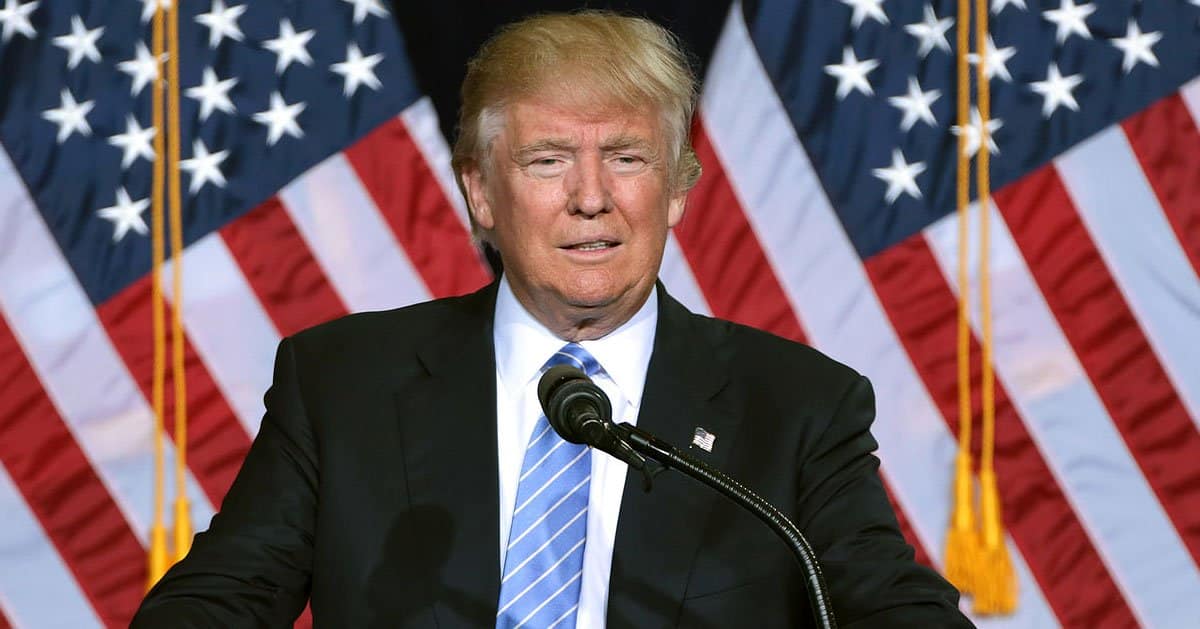







The U.S. Supreme Court has declined to delay the sentencing of three protesters from Texoma, setting the stage for their imminent jail time.
KXII reported that the Supreme Court denied a stay application for three individuals convicted during the Gainesville statute protests of 2020, requiring them to serve jail time and pay fines before the court reviews the constitutionality of their cases.
In 2020, amid widespread civil unrest, Torrey Henderson, Amara Ridge, and Justin Thompson participated in protests over a controversial statue in Gainesville.
They were arrested for allegedly stepping onto the roadway during these demonstrations.
These protests, organized by the PRO Gainesville group, saw numerous locals rallying for months. Henderson, Ridge, and Thompson were prominent figures, actively leading many of these events.
On a specific day in late August, while avoiding a puddle under police guidance, they momentarily stepped onto the street, a move they claim was suggested by officers present. However, police later contested this, stating the protesters were told to remain on the sidewalk.
Three days following this incident, arrest warrants were issued, culminating in a court decision in 2022. The three were each handed a week-long jail sentence and a fine of $2,000.
The American Civil Liberties Union (ACLU) has taken up the cause for Henderson, Ridge, and Thompson, challenging the sentences as a breach of First Amendment rights. According to the ACLU, these sentences threaten the foundational right to free speech in protest settings.
The ACLU expressed disappointment in the Supreme Court's decision, stressing the urgency and importance of this case for protest rights across the nation.
"The denial of the stay application means that these individuals will likely be jailed before the nation’s highest court decides whether to review the constitutionality of their convictions," stated the ACLU.
"Our clients are devastated about being separated from their families and put in a cell for simply exercising their First Amendment rights."
The trio must now report to Cooke County Jail, potentially as early as next week, to begin their sentences. This development comes as a significant setback in their legal fight to overturn their convictions based on what they and their representatives argue was a lawful expression of free speech.
Despite the looming jail time, the protesters remain committed to their cause. Justin Thompson emphasized his resolve, stating, "I mean, we’re fighting for protest rights now," indicating his commitment persists beyond the legal repercussions.
The ACLU remains hopeful that the U.S. Supreme Court will agree to hear their case, which could set a precedent for how protest-related offenses are judged in the future.
This case has garnered attention not only in Texoma but across the United States, serving as a critical litmus test for the boundaries of protest rights and police authority during demonstrations.
The decision by the Supreme Court not to stay the sentences highlights the ongoing debate over the balance between maintaining public order and safeguarding civil liberties.
The implications of this decision could influence future protests and potentially the handling of similar cases nationwide.
As Henderson, Ridge, and Thompson prepare to serve their sentences, the spotlight on their case intensifies discussions about the rights of protesters and the legal protections afforded to acts of civil disobedience.
The outcome of their appeal to the Supreme Court could provide new guidelines for law enforcement and judicial systems when dealing with protest-related activities.
The ACLU's ongoing involvement underscores the significance of this case in the broader context of American civil rights, marking a pivotal moment in the evolution of legal standards surrounding the First Amendment.
To summarize, Torrey Henderson, Amara Ridge, and Justin Thompson are set to begin their sentences for their involvement in the 2020 Gainesville protests.
Their case, represented by the ACLU, challenges the constitutionality of their convictions and underscores the ongoing conflict between civil liberties and public order in the United States. The Supreme Court's decision to deny a stay application has profound implications for protest rights, with the nation watching closely as the case develops further.



